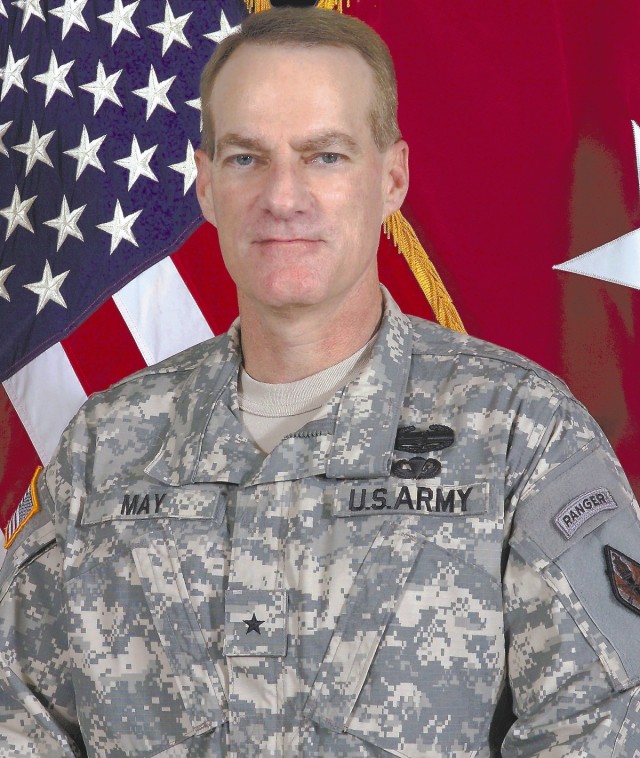FORT JACKSON, S.C. -- With next week being National Suicide Prevention Week, I am counting on all members of the Fort Jackson community to give this campaign full support so that we can strengthen our awareness and related training.
There will be a number of events staged across post during the week. But keep in mind that suicide prevention is something we need to address every day and not just for one week a year. I stress this because I have some serious concerns.
Foremost in my mind is the possibility that the Army could surpass the suicide numbers from 2008, despite our stepped-up prevention training and the implementation of new programs. So far this year, there have been 96 reported active-duty Army suicides since the first of the year through the end of July. For the corresponding time period in 2008, there were 79 suicides among active-duty members. These statistics are particularly upsetting, considering the numerous novel initiatives that we have begun, as well as the revisions to health promotion policy and the enhancements of access to counseling services for our Soldiers and their families.
The obvious question is: Why aren\'t the numbers declining' The general officer who heads up the Army Suicide Prevention Task Force, in explaining this enigma, stresses the fact that there is no lack of programs to confront the problem of suicide, but goes on to say that the long-term challenge will be weeding out the ineffective programs and ensuring that Army leaders - from junior NCOs to the most senior officers - know how to help Soldiers take advantage of these programs. As leaders, we must take charge and see that the mission is accomplished.
As I see it, leadership across the board needs to step up right now so that we succeed. In today's fast paced Army, junior commanders, as well as senior leaders are expected to do more, know more and be more than their predecessors. We are expected to know when Soldiers are acting out of character and be able to detect unusual behavior. To accomplish the task, there has to be communication - make that, excellent communication. Soldiers must be able to come to their leaders and approach them with their problems.
Allow me to share the words and wisdom of Colin Powell, a distinguished Army leader who went on to serve our nation as secretary of state: "The day Soldiers stop bringing up their problems is the day you stopped leading them. They have either lost confidence that you can help them or concluded that you do not care. Either case is a failure of leadership."
Those are some very strong words. And I would hope that you pause for a moment and let them sink in. In other words, commanders and leaders need to be approachable. Every Soldier in your unit needs to know that he or she can talk with you about a problem. Leaders must break down the persistent stigmas associated with Soldiers seeking mental health help. Leaders must provide the avenues for those who feel things are out of hand and no longer manageable and those who feel helpless and hopeless.
Leaders must learn to ask the hard questions even when they feel as if they are invading someone's privacy. This is the only way to gain the upper hand in this fight. And, more important, this is the only way to know if someone needs help. As we prepare for National Suicide Prevention Week, I am expecting leaders to take charge. This is extremely important. In fact, in some instances, it's a matter of life and death.
Army Strong!


Social Sharing